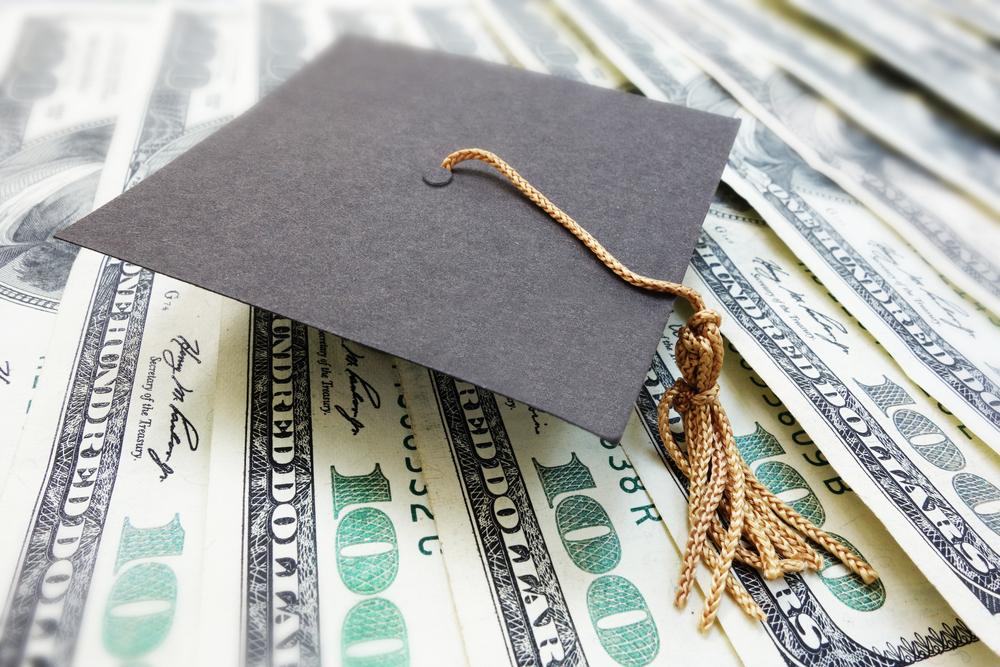Gen Z is growing up fast. With the older end of the “Zoomer” generation now in their early- to mid-20s, many are finishing their undergraduate degrees and moving on to grad programs before trying their luck in the workforce. Others are just beginning their college careers.
According to the Pew Research Center, the post-millennial generation is on track to becoming the most educated yet. But with such a heavy emphasis on higher education, one has to wonder how the current student loan crisis will affect this demographic.



